ASCEND encourages active collaboration with existing Smart Cities and Communities projects under the Horizon 2020 program. The aim is to leverage their expertise, learn from their experiences, and foster the exchange of best practices.
The collaboration between project partners facilitates the exchange of knowledge within. This collaboration consists of various activities, including active participation in meetings, joint event organization, engagement in conferences, and involvement in task groups focused on communication, dissemination, and replication.
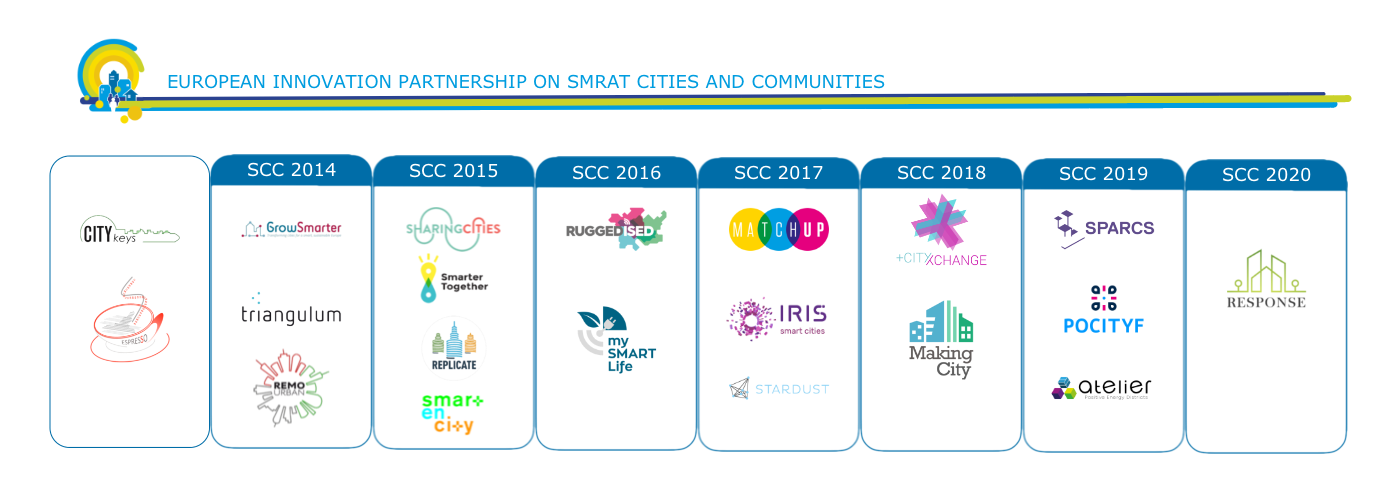
Smart Cities Initiatives
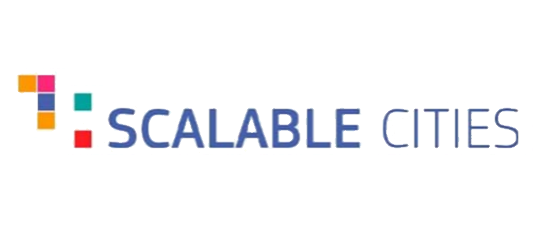
Scalable Cities plays a pivotal role in identifying and advocating for energy solutions and business models that have the potential to be expanded and replicated throughout Europe. It represents a network of 120 cities engaged in 18 Smart Cities and Communities projects funded by Horizon 2020. Collaborating with academia, industry partners, associations, and consultants, Scalable Cities implements over 550 demonstrations of technological and social innovations. These initiatives encompass various domains, including mobility and logistics, buildings, urban data and ICT infrastructure, citizen engagement, and urban governance.
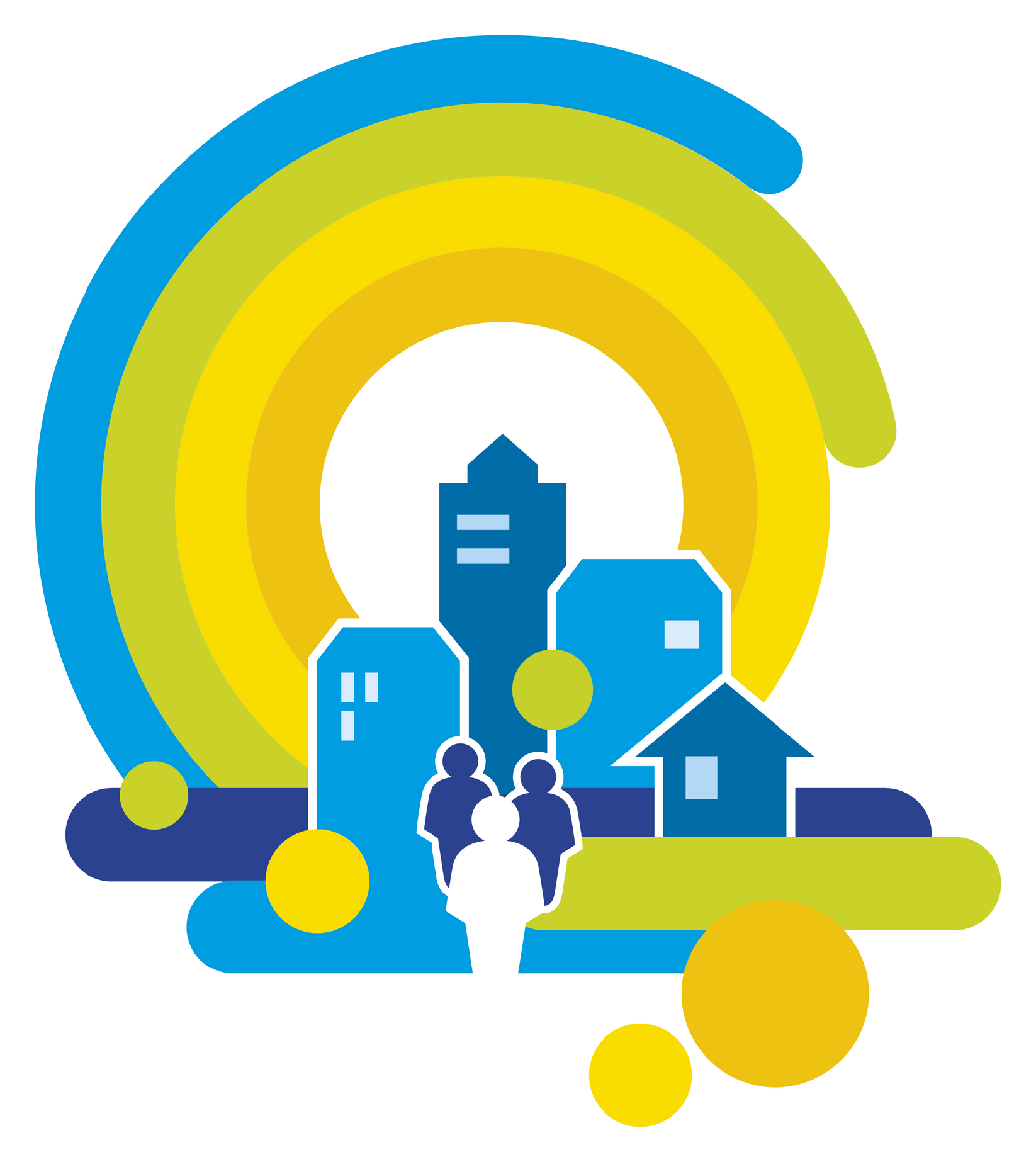
The Smart Cities Marketplace is a major market-changing enterprise supported by the European Commission. It brings together cities, industries, SMEs, investors, researchers and other smart city actors. The Marketplace offers insight into European smart city good practice, allowing you to explore which approach might fit your smart city project. It also represents a community of experts that can help you in shaping your smart city project so that you get your plan and business case ready for financing and presenting to investors.

NEUTRALPATH aims to support cities in their transition to climate neutrality by designing a collaborative plan for a more sustainable future for all.
Ongoing SCC projects
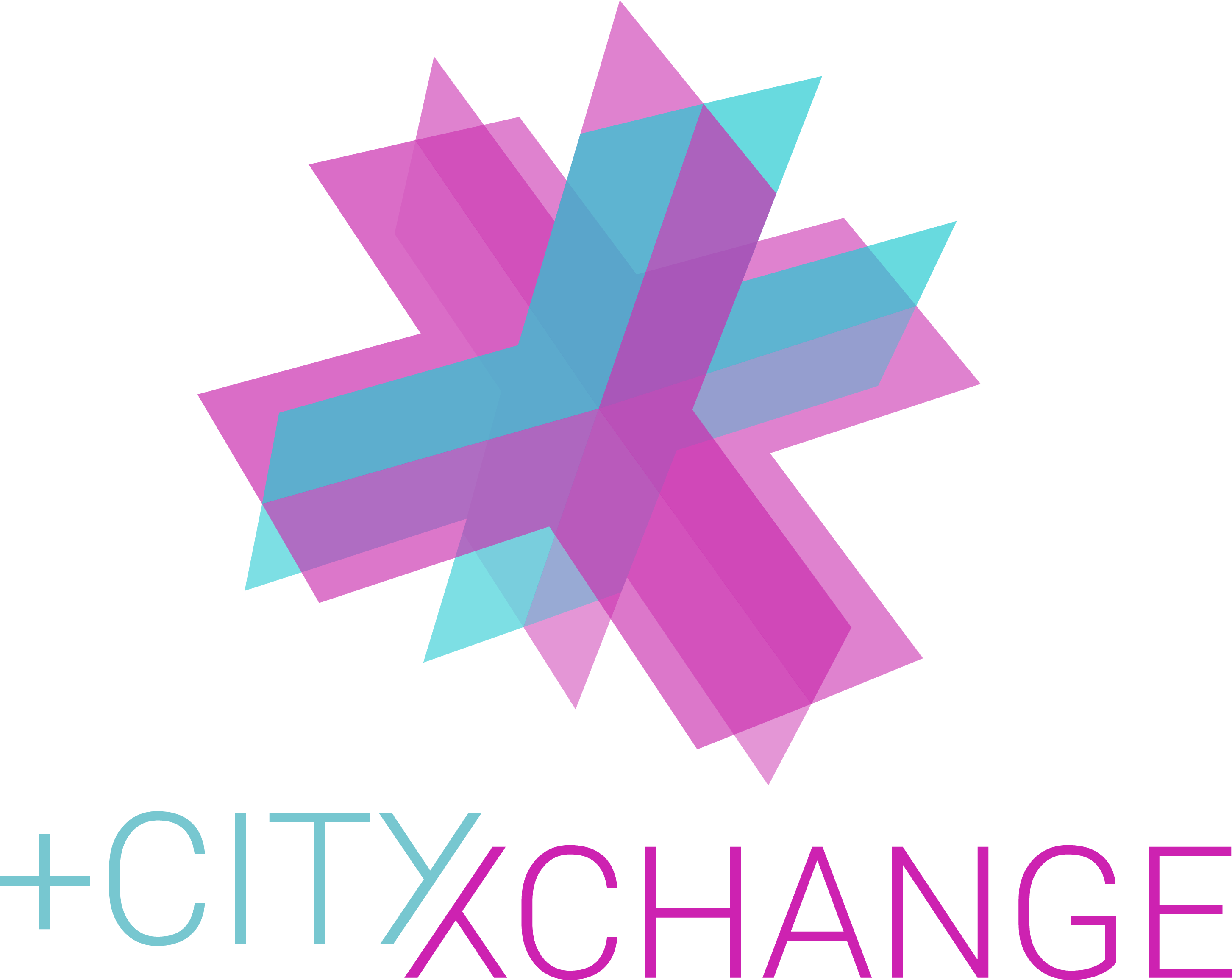
Within the +CityxChange (Positive City ExChange) project, the cities of Trondheim (NO), Limerick (IE), Alba Iulia (RO), Písek (CZ), Sestao (ES), Smolyan (BG) and Võru (EE) are experimenting on how to become leading cities integrating smart positive energy solutions. Using digital services, quality of life will be improved for and with the involvement of citizens, more energy will be produced than consumed, and experiences exchanged with cities across Europe, to learn faster together.
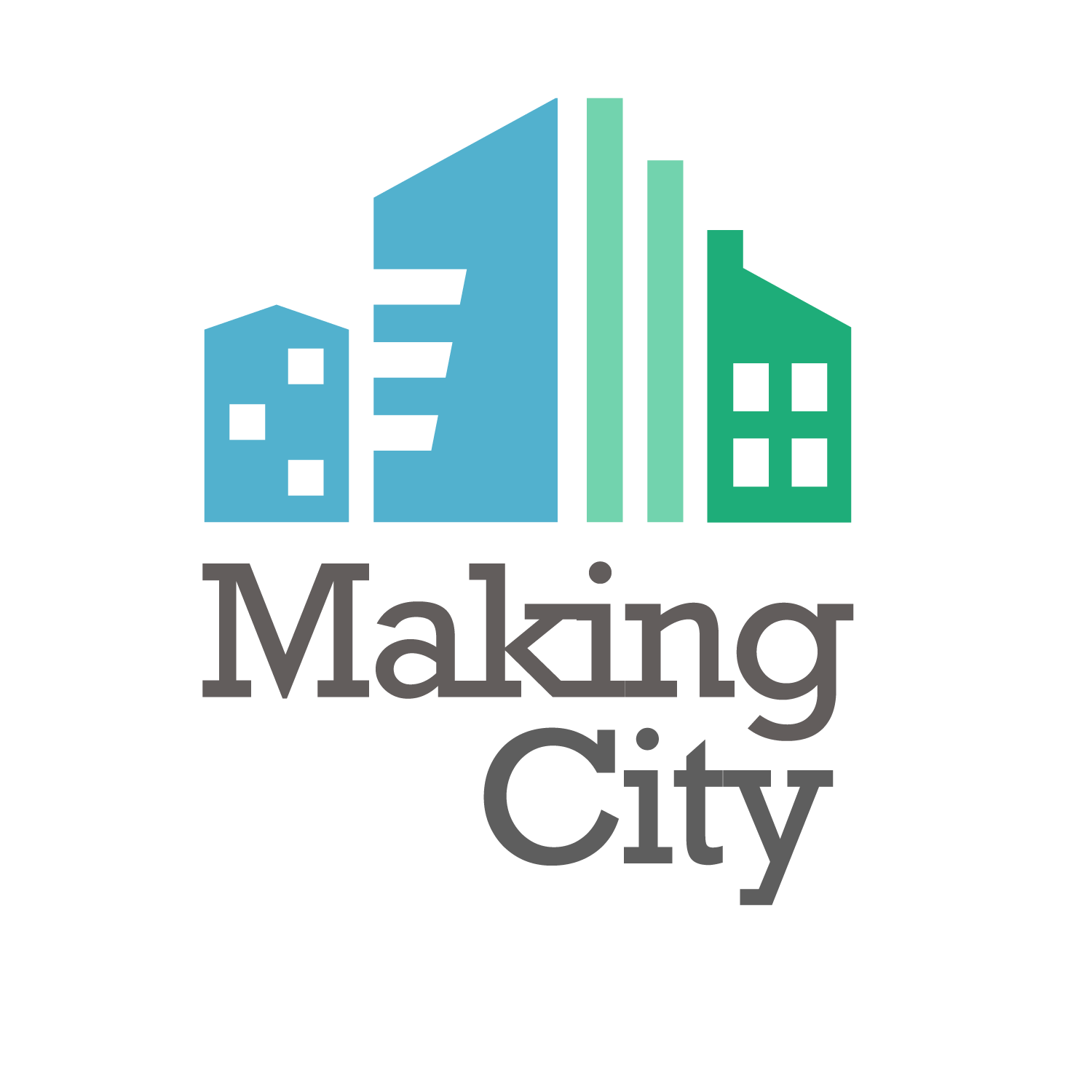
Coordinated by the CARTIF Foundation, MAKING-CITY is a 60-month Horizon 2020 project launched in 2018. It aims to address and demonstrate the urban energy system transformation towards smart and low-carbon cities, based on the Positive Energy District (PED) concept. The PED concept will be tested and validated in 2 Lighthouse cities: Groningen (NL) and Oulu (FI). It will be then replicated in 6 Follower cities: Bassano del Grappa (IT), Kadıköy (TU), León (ES), Lublin (PL), Trenčín (SK) and Vidin (BG).

ATELIER is an Amsterdam and Bilbao citizen-driven smart cities project funded by the European Commission. Coordinated by the City of Amsterdam, the project combines the expertise and the commitment of 30 partners from 11 countries. ATELIER focuses on developing citizen-driven Positive Energy Districts in the two Lighthouse Cities, Amsterdam (NL) and Bilbao (ES). Their successful implementations will then be replicated and tested for feasibility in six Fellow Cities.
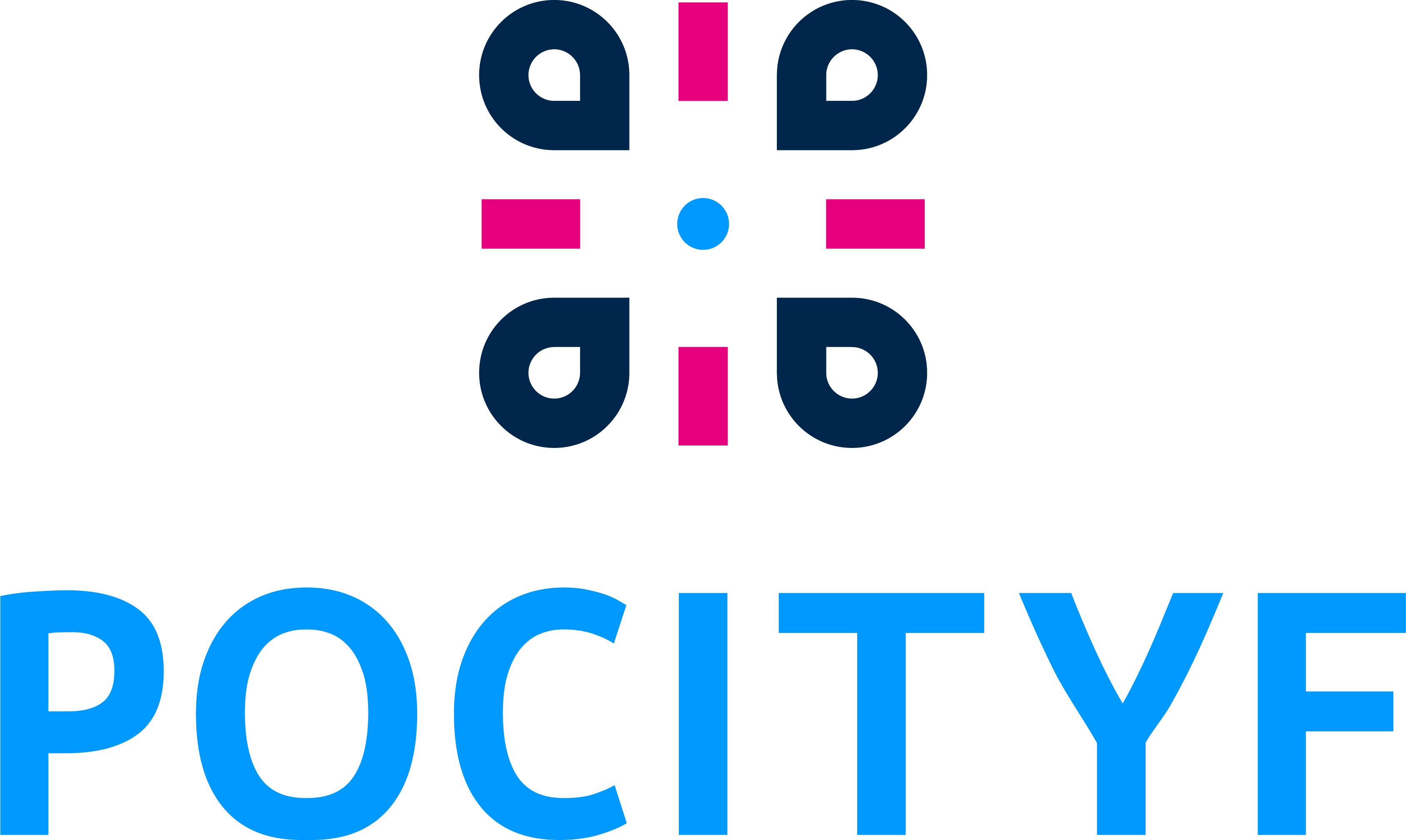
Involving cities with heritage sites in Europe’s renewable energy transition is the mission of the EU-funded smart city project POCITYF. POCITYF will demonstrate innovative smart city technologies in two Lighthouse Cities, Alkmaar (NL) and Evora (PT), and replicate them in 6 Fellow Cities. POCITYF combines Positive Energy Blocks with grid flexibility, e-mobility, innovative ICT technologies and citizen engagement strategies, while respecting the urban cultural heritage.

Funded by the European Commission’s Horizon 2020 Framework Programme, RESPONSE aims to establish a strategic vision for Smart Cities Energy Transition: Climate-neutral cities by 2050. RESPONSE aims to turn energy sustainability into a do-able vision by solving the energy trilemma (security, equity/affordability, environmental sustainability) at building, block and district levels in smart cities.
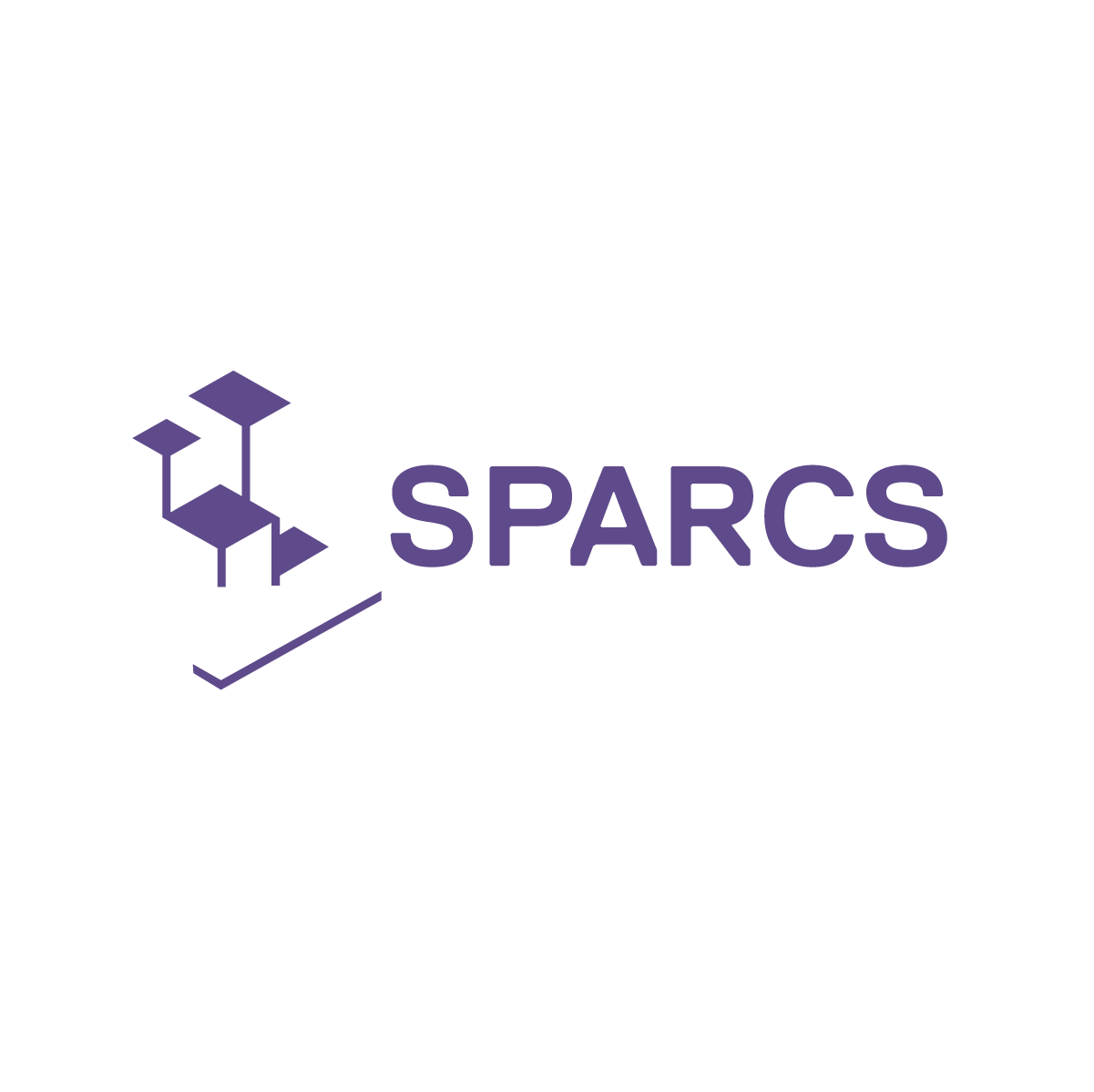
The EU-funded SPARCs project encourages the participation of blocks of buildings and districts in the energy market, aiming to turn urban areas into energy prosumers. SPARCs engages 31 partners from 9 EU countries and coordinates a wide range of stakeholders from citizens and local planning authorities to companies and research institutions for the transformation of cities to carbon-free inclusive communities.
Completed SCC Projects
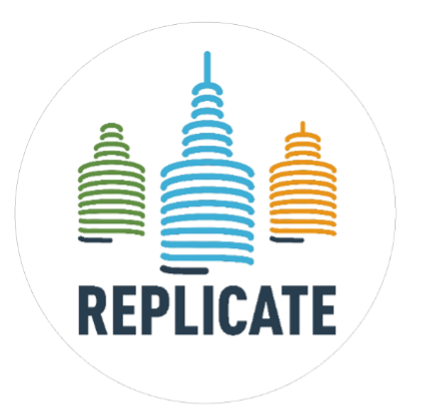
REPLICATE: REnaissance of PLaces with Innovative Citizenship And TEchnologies was a European research and development project that aimed to deploy integrated energy, mobility and ICT solutions in city districts. There were 3 lead cities – San Sebastian (ES), Florence (IT) and Bristol (UK), in addition to ‘follower’ cities that looked into replicating – Essen (DE), Nilüfer (TU) and Lausanne (CH), and ‘observer’ cities – Guangzhou (CN) and Bogota (CO), as well as international networks that took part in learning and dissemination of results. The Consortium consisted of 38 partners.
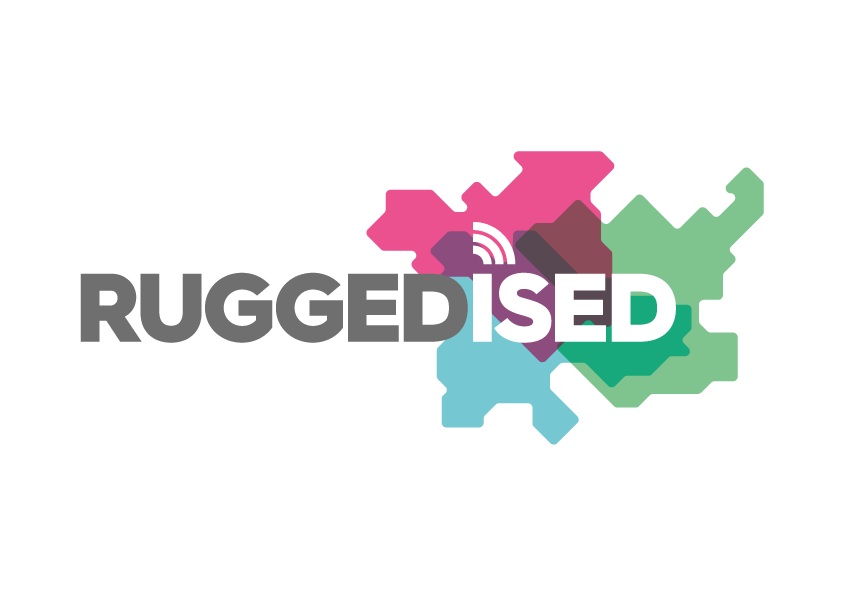
RUGGEDISED was a smart city project funded under the European Union’s Horizon 2020 research and innovation programme. It brought together three lighthouse cities: Rotterdam (NL), Glasgow (UK) and Umeå (SE) and three follower cities: Brno (CZ), Gdansk (PL) and Parma (IT) to test, implement and accelerate the smart city model across Europe.
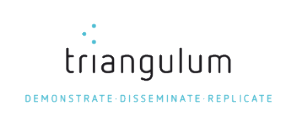
The three-point project Triangulum demonstrated, disseminated and replicated solutions and frameworks for Europe’s future smart cities. The Lighthouse Cities Manchester (UK), Eindhoven (NL) and Stavanger (NO) served as testbeds for innovative projects focusing on sustainable mobility, energy, ICT and business opportunities. The project consortium consisting of 22 partners worked together to develop and implement smart solutions in order to replicate them in the three follower cities.
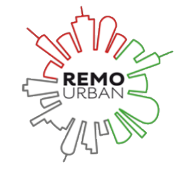
REMOURBAN developed and tested a sustainable urban development model that combined the energy, mobility and ICT sectors to improve efficiency and reduce greenhouse gas emissions in the cities of Valladolid (ES), Nottingham (UK) and Tepebasi (TU).
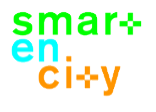
SmartEnCity, coordinated by TECNALIA Research Innovation, brought together 35 partners from six countries to make Smart Zero Carbon Cities a reality in Europe. The underlying Smart Zero Carbon City concept involves keeping a city’s carbon footprint and energy demand to a minimum by using demand-controlled technologies that save energy and raise awareness. This approach was initially defined in detail, planned and implemented in the Lighthouse demonstrator cities: Vitoria-Gasteiz (ES),Tartu (ET) and Sonderborg (DK).
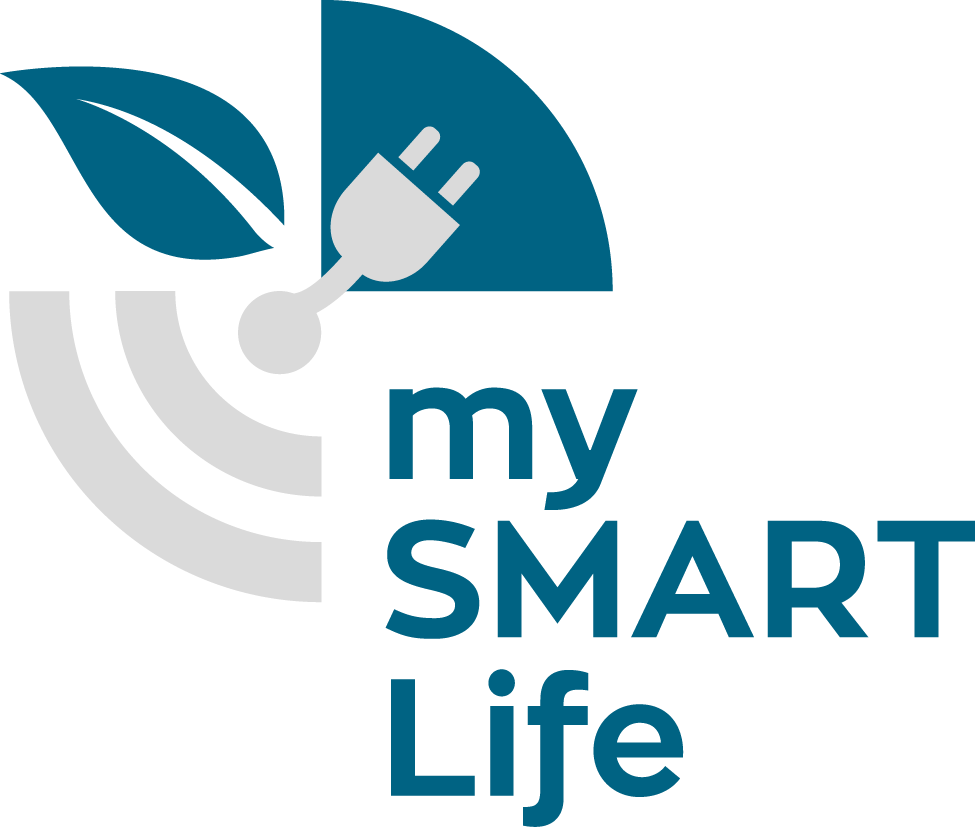
mySMARTLife was a project funded under the European Union’s Horizon 2020 research and innovation programme. Under the coordination of CARTIF Technology Centre, 27 partners from 6 countries collaborated to make sustainable cities with smart people and a smart economy a reality. Activities took place in the three demonstration cities Nantes (FR), Hamburg (DE) and Helsinki (FI). The three follower cities Bydgoszcz (PL), Rijeka (HR) and Palencia (ES) learned from these experiences.

The Sharing Cities ‘lighthouse’ programme was a proving ground for a better, common approach to making smart cities a reality. By fostering international collaboration between industry and cities, the project developed affordable, integrated, commercial-scale smart city solutions with a high market potential. Sharing Cities offered a framework for citizen engagement and collaboration at local level, thereby strengthening trust between cities and citizens. The project aimed to engage over 100 municipalities across Europe.

In a rapidly urbanising world cities need to become smarter to respond to citizen needs and to reduce their environmental footprint. GrowSmarter brought together cities and industry to integrate and demonstrate ’12 smart city solutions’ in energy, infrastructure and transport, to provide other cities with valuable insights on how they work in practice and opportunities for replication. The idea was to create a ready market for these smart solutions to support growth and the transition to a smart, sustainable Europe.

STARDUST is an EU Horizon 2020 Smart Cities project that brings together advanced European cities to form a constellation of ‘innovation islands’ that act as exemplary models of smart, highly efficient, intelligent and citizen-oriented cities. Technical green solutions and innovative non-technical solutions are being implemented and validated, enabling them to be bankable and replicable by other cities. STARDUST will show the way for cities to achieve a more sustainable path by interweaving innovation and imagination.
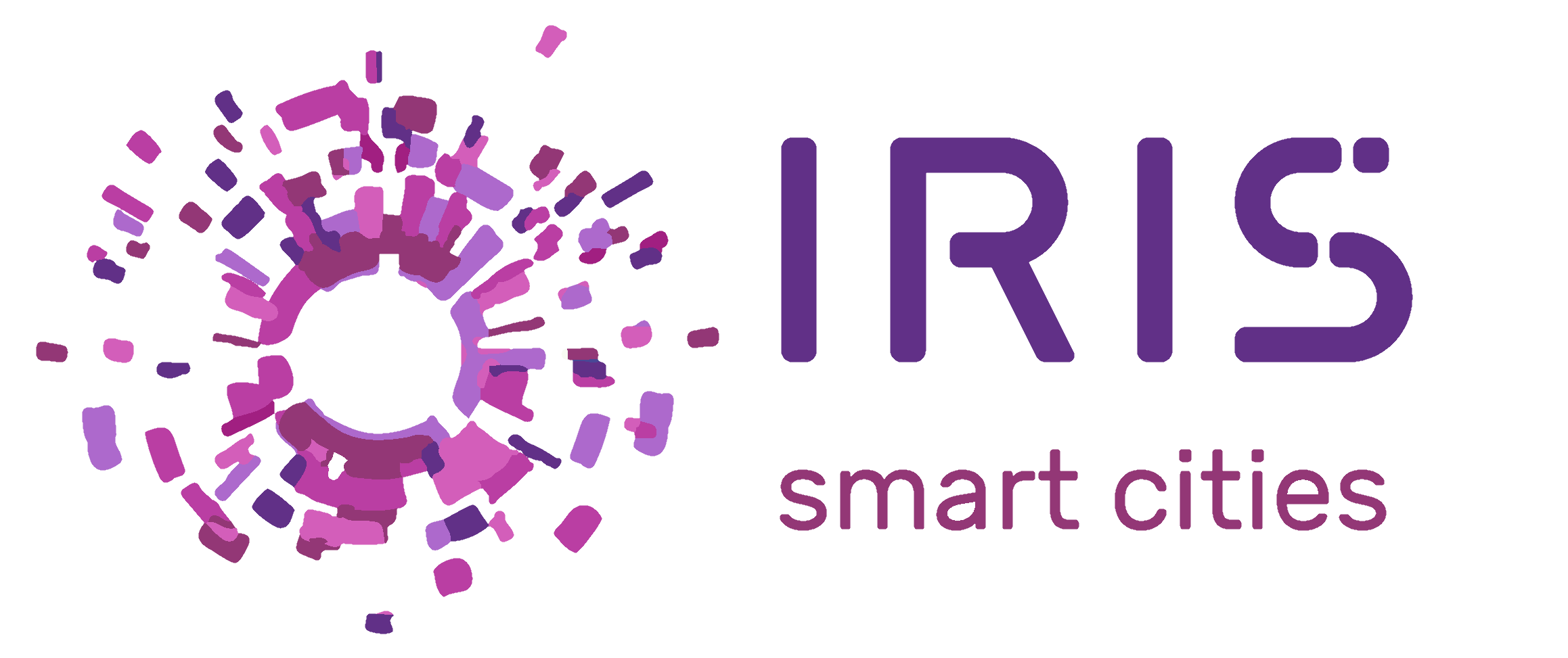
IRIS is a Horizon 2020 project that is being developed around three lighthouse cities – Utrecht (NL), Nice (FR), and Gothenburg (SE). These cities are working as collaborators and test-beds for follower cities – Vaasa (FI), Alexandroupolis (GR), Santa Cruz de Tenerife (ES) and Focsani (RO). Each city will draw upon a mix of universities and research organisations, local authorities, innovation agencies and private expertise to accelerate entire communities to adopt ambitious energy, mobility and ICT initiatives.

MAtchUP is an EU-funded Smart City project involving three lighthouse cities and four follower cities. MAtchUP cities are joining forces to reshape their social, economic and environmental models and to promote social inclusion, liveability and prosperity for their citizens. MAtchUP is designing and implementing a palette of innovative solutions in the energy, mobility and ICT sectors that will serve as a model of urban transformation for other cities in Europe and beyond.
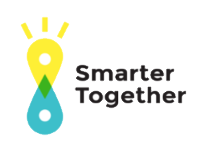
The European lighthouse cities Vienna (AT), Munich (DE) and Lyon (FR), the follower cities Santiago de Compostela (ES), Sofia (BG) and Venice (IT), the observer cities Kiev (UA) and Yokohama (JP) came together to improve citizens quality of life. SMARTER TOGETHER prepared the ground for large-scale replication and ensured an in-depth knowledge transfer about the setting up of smart city business models and user-centric innovation in order to contribute to positive societal dynamics.
